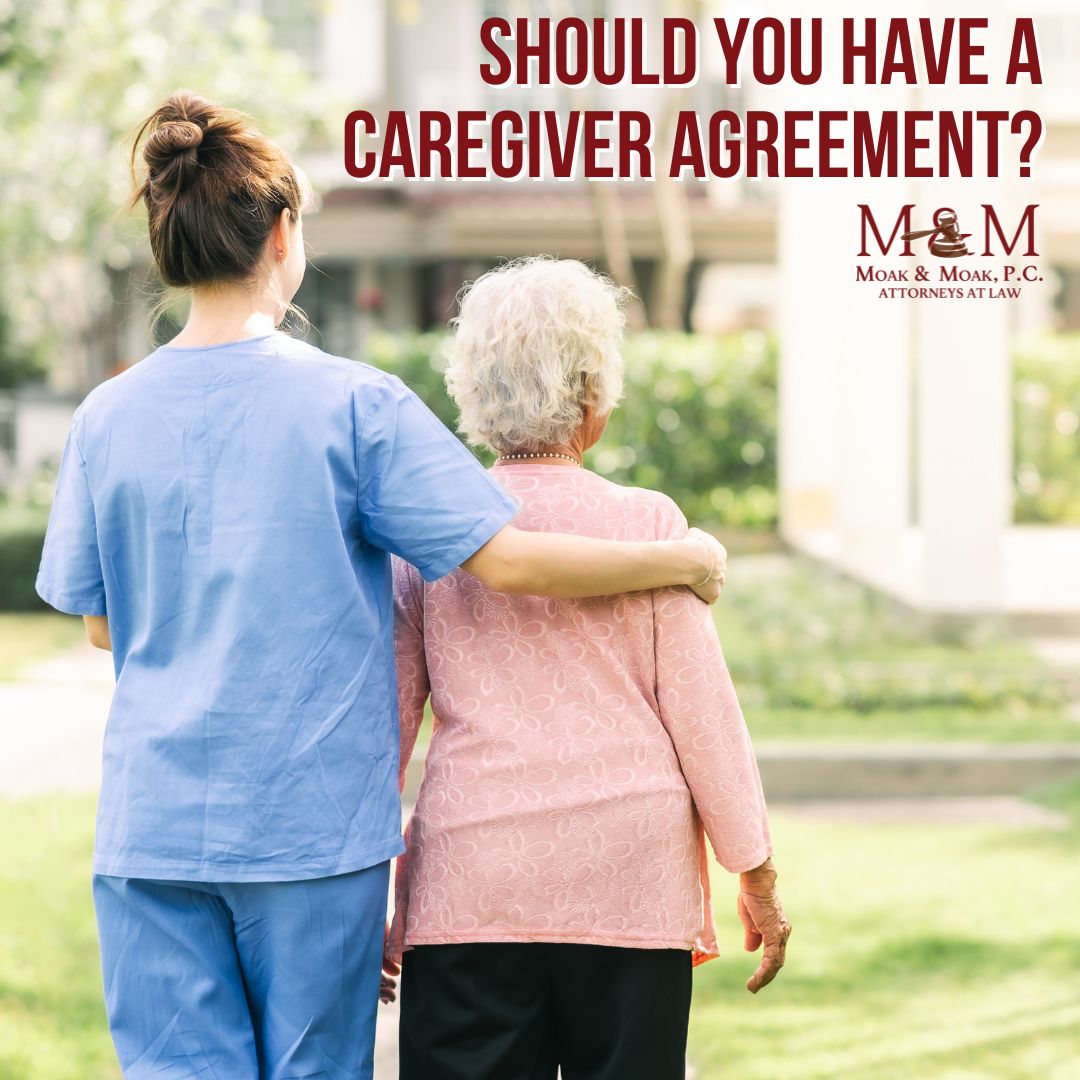It was recently brought to my attention that while many adult children are serving as caretakers for their aging parents, very few receive reimbursement for their time or trouble. I am not surprised by this and personally feel this is one’s obligation to their parents. Many children and grandchildren feel that helping their aging relative is a privilege, or perhaps a responsibility, and not something that they would ever dream of taking money for. However, this situation is a common area for discord among siblings.
I have seen situations where a family member suggest they be paid for caring for their elderly parent(s). This reflects the views of many adult children who have elderly parents to care for.
Creating a caretaking agreement between relatives is something that benefits both the caretaker and the elderly relative.
However, a financial arrangement between a caretaker and an elderly relative can actually be a way to protect the older person. There may come a time when they have to go into a nursing home and wish to qualify for Medicaid. While I believe Medicaid should be an avenue of last resort, the caretaker agreement could help them qualify.
The financial arrangement must be an official one. Any money given to a caretaker outside of the legal caretaker agreement could be construed as simply a gift. This may cause a disqualification or delay in receiving benefits.
Although you may feel that you would gladly care for your mother or father for free, consider the benefits of a caregiver agreement. Talk to your attorney about whether a contract of this kind could be useful to your family. All situations are not equal, but if they are close to qualifying a caregiver agreement may be the ticket.

